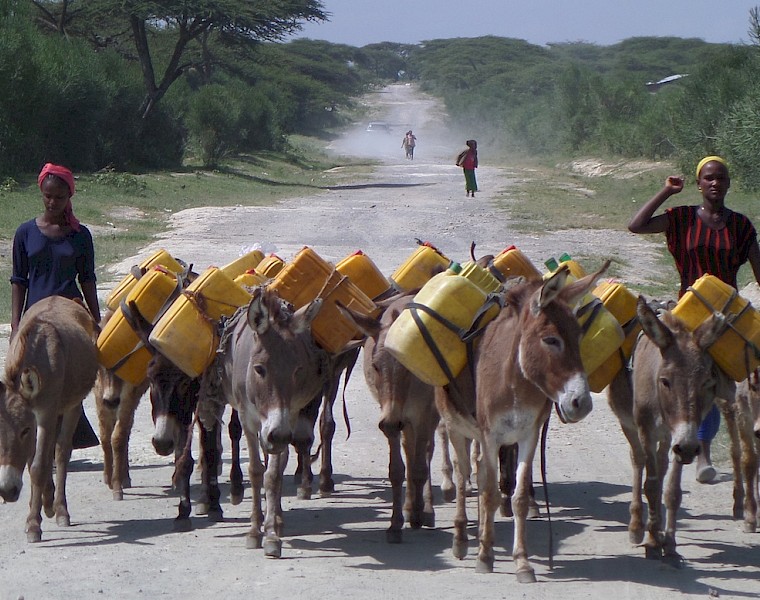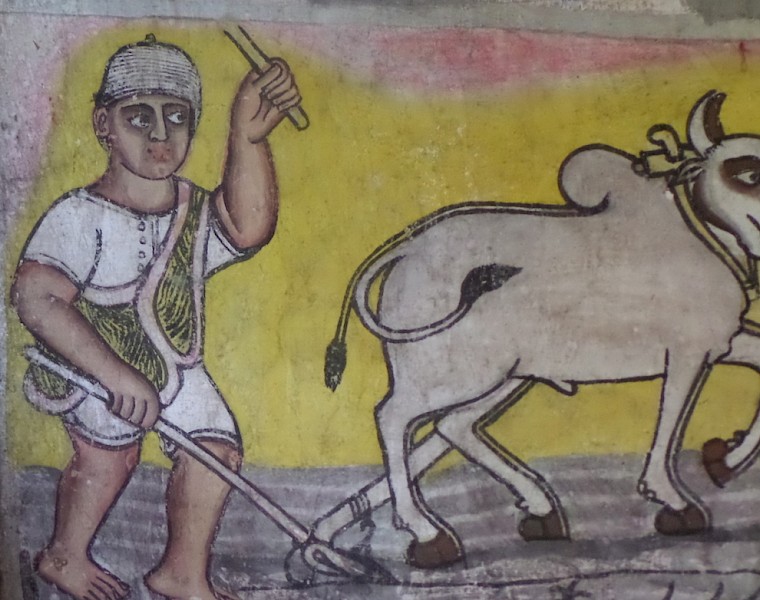....But one cut in the circle, one producer in the food chain gets out, and the circle is gone. We are dependent on each connection in the chain, but presently the connections are too singular, relying on only one function, one possibility. So that 'easy' idea of a circle doesn't work.
Nature (e.g. ecosystems, landscapes) function differently. There we don't find a circle, but a web. In an ecosystem there may be 6 different ways to retrieve water. There are many different connections and interrelations that make the ecosystem robust and resilient. A few connections or factors could fall out, but then it still remains a robust system. That is how the economy should be.
This very clear description of what an ecological society may mean, was given by prof.dr.Louise Vet, in December 2017 on the occasion of her appointment as honorary member of the British Ecological Society, for her work as an ecologist and the way she relates that to sustainable societal development.
“Ecology and economy are more connected than you would think. Our economy should be fitting the planet, otherwise we can forget about it, with the forecast of 10 billion people living here around 2050. Kate Raworth captured this idea of an 'economy fitting the planet' very well with her doughnut. Our production processes should take place within the outer ring, the planetary boundary, and the inner ring, which assures social justice.
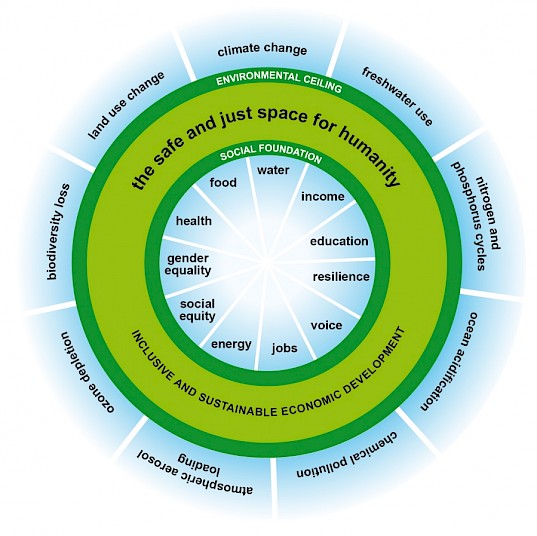
So we need to learn from Nature how she since 3,8 billion years manages to function and recover, without us. The economy of nature is based on diversity, biodiversity, complexity of the system. That is her insurance policy; it is good risk management. An ecosystem relies on all it's different parts and connections, on cooperation and unexpected opportunities.
What do we - world inhabitants, manufacturers, consumers - do instead? We get rid of all variation and focus on monocultures, on pushing single parts of a system to it's limits of growth. We single out a part of a system (a flower, a chicken) and get rid of it's supportive system. A healthy, living soil (a teaspoon of soil contains more microorganisms than there are people in the entire planet earth, i.e. more than 6+ billion) is the base for resilient plant growth. Then, prevention of (crop) diseases is great; carbon sequestration, water retention, root development, everything goes better. As long as you respect the ecosystem.
Ecology is interactive, a complex system, and holistic, meaning it's functioning as a whole. That is why everywhere we see ecological concepts coming up, in banking, in psychology, in management and in agriculture: agroecology.
It means that we look at the world from a complex system's perspective, or an integrated landscape perspective. Economy, as in maximising production at lowest possible costs, is not any longer the perspective we want. The blog circular agriculture continues in this way of thought.
In 1995 Don Beck and Christopher Cowan came up with the Spiral dynamics theory, based on prof. Graves' Emergent Cyclic Levels of Existence Theory. What they say, really, is that we, in this stage of evolution, are moving up the spiral, from hierarchical, top down, science and technology driven societies, into holistic, ecological, complex systems types of societies.
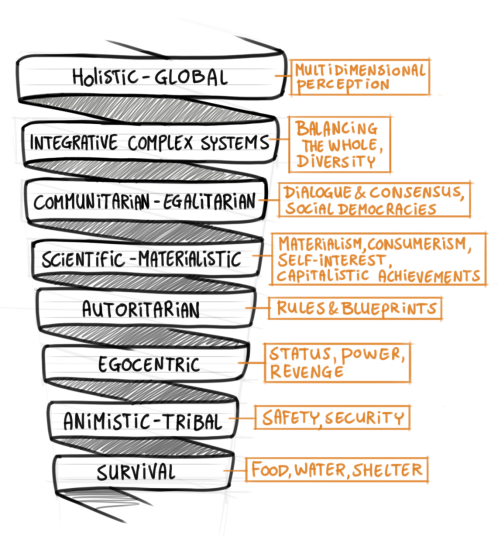
Similarly, the Dutch Philosopher Wim Zweers argues (Participating in nature,1998) that there is a transition going on in our attitude towards nature. We change from being despots (acting if we were God, interfering with nature to our own good, changing genes) and stewards (taking care of the earth for our children and grandchilden, plantig trees whenever we cut them down) into partners of nature and participants in nature. What does that look like? The earlier attitudes were based on the assumption that humankind stood above nature. The latter knows that we are part and parcel of the same system Earth, that we need to respect animals and plants and ecosystems for who they are, waht they feel and how they contribute to our wellbeing. Isn't it interesting that just now (January 2018) two films are released that show this respect to Nature as our partner, EARTH. and JANE.
Climate change with its social and economic effects, the enormous decrease in insects (70%) make us realise that this need for partnership is true.We have to live in a close balance in order not to die. So we must change our values, our ways of working and looking. In other words, let us change our eye-glasses, from the pair that sees profit in the world around, dollars, like Dagobert Duck, to the pair that looks at complex interactive systems, integrative systems and partnering with nature as a goal.
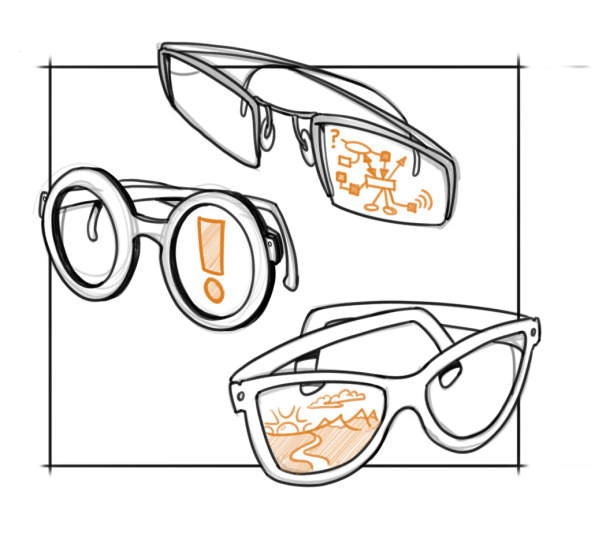
In 2017, Fred Magdoff and Chris Williams wrote the book Creating an ecological society, toward a revolutionary transformation. They show us what an eco-social future might actually involve. They give us a road map to a sustainable future, one we can join in creating a just, vibrant and ecologically nourishing world. Together with the guiding principles by Dirk Barrez, in his book Transitie, onze welvaart van morgen, 2016 (Transition, our prosperity of tomorrow), we will manage quite some steps on our way to this ecological world. Here my summary of the most iportant steps. Summaries of the books in other blogs on this website.
- people who already made the transition, are our most important examples, and we can follow them (Exemplify)
- new initaitives get together as emerging networks of change
- rules and regulations make the change possible, they need to Enable, Engage, Encourage (Defra's 4 Es model)
- experimentation room and living labs allow us to find out new approaches, that we can scale up
- we need global commitment to new ecological production systems
- we want to pay attention that new technologies and markets are of a human measure
- in transition 'arenas' participants are aware that together, and in connection, they are looking for new ways
- instead of following, local governments could take the lead in establishing sustainable goals for their area.

